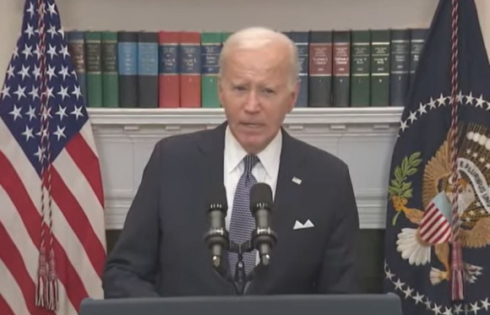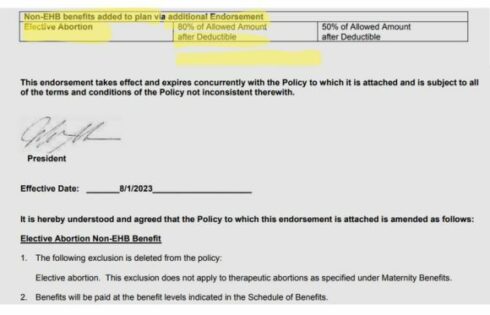
Faculty at two branch campuses shared by universities in the United Kingdom and China are leaving in significant numbers while blaming Chinese censorship for limiting academic freedom, according to a report in Times Higher Education.
Staff members at the University of Liverpool and the University of Nottingham, both of which have joint venture universities in China, blamed, among other things, a crackdown on free expression.
“I had become more and more concerned with the political and social climate in China and how this was seeping into UNNC,” he said, referring to the University of Nottingham Ningbo, China.
According to Times Higher Education:
He noted a major change from his earlier years at UNNC, when he was “mostly free and able to express myself” and felt momentum building in his school. “We had a good thing going. The intellectual dynamism of the school was exceptional, and we were really producing a lot of fantastic work. But then people started to leave, and coupled with the aforementioned tightening of control, the place changed significantly,” he added.
“I am not naive to the challenges of operating a foreign university in China, but I do feel that, whereas there was some wiggle room previously, now this has been shut down,” the academic continued. “The longer I worked, the more I came to realise that UNNC is actually a Chinese university masquerading as a British one.”
“I am still miserable about it,” he added. “I loved my job. I also loved living in China.”
“My personal advice to anyone considering a job at a Sino-foreign university these days is to think more than twice before taking the offer,” said one academic leaving the university. “They need to understand fully the implications of working in China and the precarity of their position…Recourse to legal assistance and redress is next to non-existent.”
Other employees said they are leaving because of conflicts with management regarding dismissal, leave, or pay issues. Others complained that they were pressured to return to work in person as COVID broke out across China. Other travel restrictions have caused some visiting academics to be barred from seeing their families back home for many months.
Currently, American colleges and universities operate 84 such international branch campuses, 15 of which are in China and Hong Kong. During the 2017-18 school year, over 340,000 U.S. college students studied abroad, with nearly 12,000 of those students conducting their studies in China.
Rachelle Peterson, policy director at the National Association of Scholars, told The College Fix last year that American universities “give up autonomy and institutional integrity when operating branch campuses in China.”
“In exchange for generous funding from the Chinese government, they accede to improper Chinese government regulations, censored internet access, serious impediments to academic freedom, and the threat of stolen research and intellectual property,” Peterson said.
Other US-China branch campus administrators defended the arrangement.
“China is an extraordinarily important, rapidly changing country, and as China’s commercial capital Shanghai is New York’s natural counterpart,” New York University-Shanghai Vice Chancellor Jeffrey Lehman testified to a congressional committee in 2015, noting NYU students can study in Accra, Berlin, Buenos Aires, Florence, Madrid, London, Paris, Prague, Sydney, Tel Aviv, and in Washington, D.C.
“It is vitally important that the next generation of America’s best and brightest students have an opportunity to learn how to work effectively there,” Lehman said.
Read the full Times Higher Education article here.
MORE: Experts say American branch campuses in China may be enabling research theft
IMAGE: R Rice/Shutterstock
Like The College Fix on Facebook / Follow us on Twitter





Please join the conversation about our stories on Facebook, Twitter, Instagram, Reddit, MeWe, Rumble, Gab, Minds and Gettr.